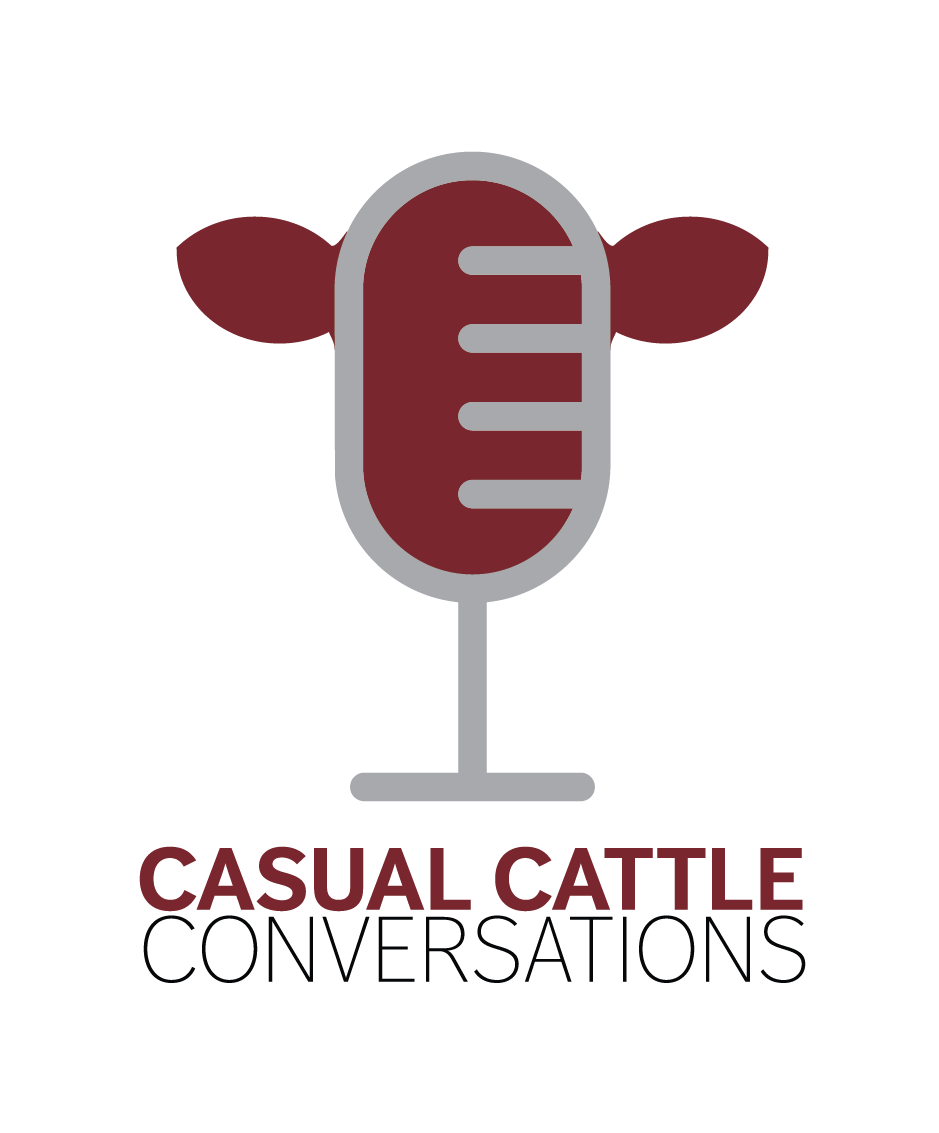How DNA Testing is Improving the Bottom Line for Commercial Cattlemen
John Price and Craig Bieber join the Casual Cattle Conversations podcast to discuss how the Igenity Beef test is improving the profitability of commercial operations through the genetic information it measures. This episode specifically focuses on how Igenity Beef aids in making sounder decisions when selecting replacement females for your herd. John is a commercial cattleman in Colorado and Craig Bieber is a seedstock provider and Igenity Beef dealer in South Dakota.
Why DNA Testing Matters
DNA testing allows you to uncover valuable performance information about your herd that the eye can’t see. This information is valuable to both seedstock and commercial producers as it allows them to make more accurate decisions to keep cattle that fit the goals of their operation. The supply chain as a whole is also interested in this information. Overall, it improves the rate at which we can advance our own herds and the quality of animals in our industry.
What is Igenity Beef?
Igenity Beef is the genomic test that John and many other ranchers use. It measures 14 traits for you to analyze and make selection decisions off of. These traits are birth weight, calving ease, calving ease maternal, calving ease direct, docility, heifer pregnancy, stayability, milk, weaning weight, carcass weight, ribeye area, marbling, backfat and tenderness. Once the tests are complete, you will have the opportunity to login into your dashboard and see this information in an easy-to-understand format that will aid you in your selection decisions. There are also opportunities for you to use indexes instead of just look at EPDs and even create a custom index for your herd if you wish to do so.
How DNA Testing Improved Profitability for John
John says it is hard to pinpoint the exact value of using genomic testing, but here is the main impact on the Price herd. “So what I’ve really seen in our cow herd is that we were able to bring our cow size down without losing much or any of our weaning weight.”, John Price. Not only has John appreciated using DNA testing to improve his cow size and weaning weights, but also helps him improve the carcass traits on his calves. John’s customer is the feedlot and the traits that matter to them can be selected for by using genomic testing. Having this information makes John’s calves more marketable.
How to get Started with the Process
John explains that the process to get started with DNA testing is a simple one. You call your supplier and tell them how many sampling units you need, take the samples, send them to the lab, wait for your results and start using them! It usually takes 3-6 weeks to get your results back so just make sure you allow yourself enough time to take samples, get your results and make selection decisions.

